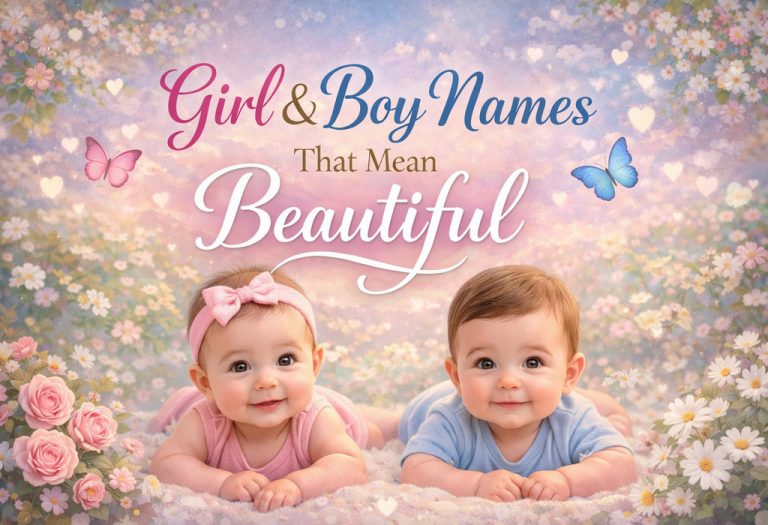1-Year-Old Baby Milestones

This is the end of infancy and the beginning of toddlerhood, a remarkable transition for both you and your child. Over the past year, your baby has transformed from a helpless newborn, fully dependent on you, to a budding toddler with personality, curiosity, and independence. As your child reaches their 12-month baby milestones, you’ll notice they’re more eager to explore their surroundings and practice new skills. From crawling and standing to babbling and possibly even saying a few words, this stage is filled with exciting 1-year-old baby development achievements. The journey into toddlerhood is a time of growth and discovery, where every day brings new surprises, capabilities, and expressions of their unique personality. Enjoy watching your little ones blossom in confidence and abilities as they enter this new phase.
12 Months Old Baby Milestones Chart
| Achieved Developmental Milestones | Emerging Developmental Milestones |
| Can pull to stand | Can stand without support |
| Can take a few steps alone | Can walk alone for longer distances |
| Can speak simple words | Can speak simple sentences |
| Can imitate actions and gestures | He will remember gestures and initiate them on his own |
| Can respond to simple requests | Can understand complex instructions |
| Can mimic sounds | Can remember a sound and its source |
| Can remember the last known place of an object | Can place things in their correct place |
| Can use their hands to grip objects | Will be able to grasp and lift objects |
| Can use the index finger to point and poke | Has greater control over all fingers |
| Has developed good hand-eye coordination | Has developed good hand/eye/feet coordination |
Some Major Developmental Milestones Baby Should Reach by 1 Year
Your baby has finally hit the one year mark! He can go for walks, feed himself, point at familiar things and people and can also understand basic instructions. Your baby will also begin to take fewer naps during the day, preferring to sleep for longer hours at night. Most children of this age will still require naps in the afternoons, but they will no longer feel the need to sleep in the mornings.
Their food intake also changes from being fed mostly milk and mushy food to foods that can be considered more solid but that will be easy for your baby to eat, such as soft fruits like watermelons (without the seeds), mangoes, bananas and papayas. This way, you can make a bowl of fruit for a healthy breakfast that your baby will be able to feed himself. He will also begin to show prowess in other areas, which will be discussed in detail below.
Cognitive Development
Cognitive developments include the thinking and overall brain function of your baby. Here are the cognitive developments your child should have made by 1 year:
- Your baby does not get confused when you hide his toy under something. He understands by now that he can reach it by moving away from what is hiding it.
- If you keep your baby’s toy in the same place, he will go looking for it in that same place every day, showing that he is improving in his visual memory and ability to recall information.
- By now, your baby has developed strong object-noun associations. If you ask him where the dog is, he is bound to point right at the puppy!
- Your baby will be able to use certain objects correctly. For example, after spending months observing, your baby will know how to comb his hair with his comb and will even know which side of the phone to hold to his ear and which side is the mouthpiece.
Physical Development
Your baby is growing physically and is now capable of manipulating more objects, which requires a certain amount of dexterity. Here are a few physical developments to look out for:
- Now, your baby can pull himself into a stand and remain like that for a few seconds as his muscles and joints are strong enough to bear his body weight.
- Your 1-year-old will begin to try walking without support now, even managing a few steps.
- By now, your baby will be able to use a number of grips, using his fingers, thumbs and hands. Your baby is now able to remove something and put it back in place. Your baby will also learn how to use the index finger alone for pointing and poking.
- Your baby’s hand-eye coordination improves, and your baby will now be able to judge distances much better.
Language and Communication Skills
Your baby is going to be very interested in learning how to communicate now. It is the age in which a lot of progress is made. Here are a few things your baby will be capable of:
- Your baby can now understand simple instructions and requests. Your baby also understands that performing the actions is a response to your requests.
- When you talk to your baby now, he will begin to actually try to speak, even though most of what he says may still sound like gibberish.
- Your child will now seriously start to imitate the words that you say in his attempt to communicate with you.
- Your baby will start to imitate other sounds and actions, too. If you wave, your baby will try to copy you. If a baby hears a dog bark, he may try to imitate the sound.
- Your baby will start to use exclamations like “Uh Oh!”
- Shaking the head and giving a firm “No” is often learned at this age to express displeasure or something the child does not want to be involved in.
Social and Emotional Development Milestones
Your baby’s behavioural temperament and his ability to communicate his emotions will begin to develop now. Here are some things to watch out for:
- Your baby will hold on tightly to his parents if something scares him. He will also start to show fear when it is completely dark and he can no longer see you.
- When confronted with new people, your baby may become shy and may panic. He may be nervous and hesitant to go to anyone new.
- 1-year-olds often test their parents’ reaction, and patience, by throwing things down on the floor or by refusing to eat their food.
- As your baby develops social bonds, he will begin to show preferences towards certain people.
- He will enjoy imitating others in play.
When to Be Worried
Every child develops based on their internal clock, and it is very important to remember to never push or force a child to develop sooner. However, there are certain indicators that something may be amiss when it comes to your baby’s development. Consult with your doctor if you notice any of the following:
- Your child does not stand, even with support
- Your baby cannot get into the sitting position by himself, and when helped to sit up, cannot maintain the pose without support
- Cannot look for and uncover hidden objects, even if they are in his line of sight
- Does not imitate even the most basic gestures like waving
- Does not say a single word
- Drags himself on his belly and drags his legs while crawling
- Never uses his finger to point at anything
Ways to Help Your Child Reach the Milestones
While it is never okay to force a baby to develop or grow, there are certain things you can do on an everyday basis to help your child develop faster and easier. Here are a few ways in which you can help your baby to achieve those 1-year-old milestones:
- As your child is developing his language skills, try describing to him what you are doing, what you will do next and what you see. This helps them form associations.
- If you describe to your baby what you think he feels, it will help him to understand emotions.
- Read to your child using interactive picture books
- Play games with your child, such as block transfer, where you place one bucket filled with blocks and one empty one in front of your baby and show him how to move them from one box to the other. This helps him to develop dexterity of the fingers and nimbleness of the hands.
FAQs
1. Can a 1-year-old start to develop a sense of humour and laugh at specific things?
Yes, many 1-year-olds begin to show early signs of humour and might laugh at funny faces, unusual sounds, or playful interactions like peek-a-boo. They’re starting to understand that certain actions are meant to be playful or silly, which can lead to laughter. This shows cognitive and social development as they start recognising familiar actions and anticipate the funny outcome.
2. Is it common for a 1-year-old to try imitating household tasks, like wiping surfaces or “talking” on a phone?
Yes, imitation is a key developmental milestone around this age. Many 1-year-olds observe their parents or caregivers closely and start mimicking actions they see daily, like wiping surfaces, pretending to talk on the phone, or even stirring an imaginary pot. This behaviour is a sign of developing social awareness, memory, and fine motor skills as they attempt to copy adult actions.
This was all about baby development at 1 year. From now on, your baby is going to be constantly on the move, exploring and learning about the world around him. He will begin to experiment by dropping things and probably also by refusing to listen to you simply because his inquisitive nature gets the best of him. If you find yourself fighting the urge to say no to your baby a lot, you are not alone. This is an age of exploration and learning for your child. Do not stop them from their activities unless it is dangerous. Instead, stay close by as they explore and gently teach them things that they can and cannot do and how things work with as much patience as you can.
Previous Month: 11 Months Old Baby Milestones
Next Month: 13 Months Old Baby Development
Was This Article Helpful?
Parenting is a huge responsibility, for you as a caregiver, but also for us as a parenting content platform. We understand that and take our responsibility of creating credible content seriously. FirstCry Parenting articles are written and published only after extensive research using factually sound references to deliver quality content that is accurate, validated by experts, and completely reliable. To understand how we go about creating content that is credible, read our editorial policy here.
1. American Academy of Pediatrics – Developmental Milestones: 12 Months https://www.healthychildren.org/English/ages-stages/baby/Pages/Developmental-Milestones-12-Months.aspx
2. CDC – Important Milestones: Your Child By One Year
3. American Academy of Pediatrics – Movement: Babies 8 to 12 Months
4. American Academy of Pediatrics – Emotional and Social Development: 8 to 12 Months
5. American Academy of Pediatrics – Where We Stand: Screen Time






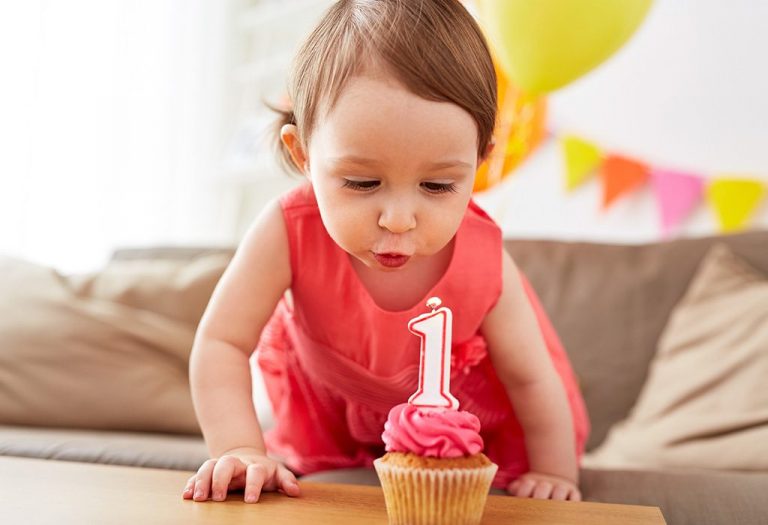

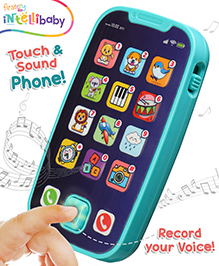
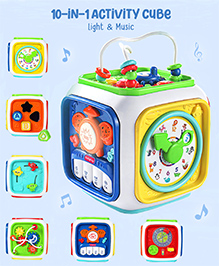
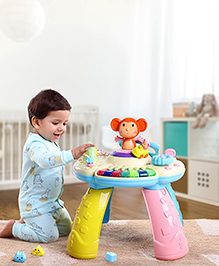

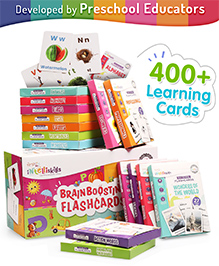

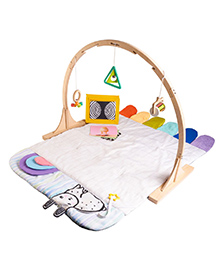

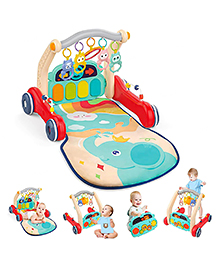
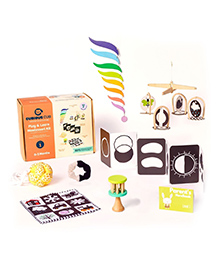




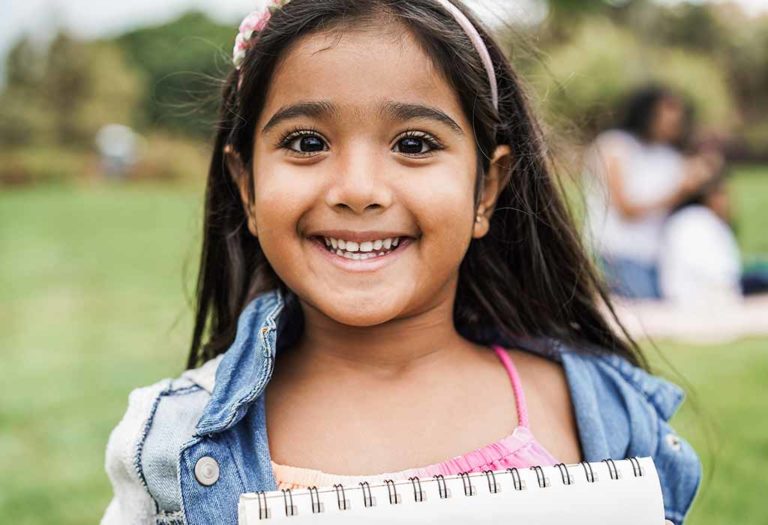



.svg)











